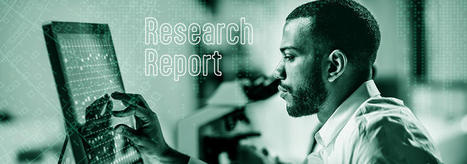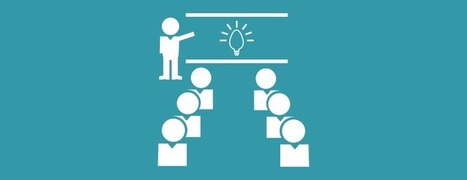Research report: The impact of AI, machine learning, automation and robotics on the information profession
The purpose of this independent research is to help our professional community to understand how AI, machine learning, process automation and robotics are either already impacting the daily work of healthcare information professionals or likely to do so in the near future.
In it author Dr Andrew Cox from Sheffield University, calls for a joined-up and coherent response from information professionals, enabling us to maximise the benefits of AI, machine learning, automation and robotics for information users while mitigating the emerging risks.
The full research report, published by CILIP with the support of Health Education England, sets out a detailed and methodical analysis of the challenges and opportunities presented by this new generation of technologies.
Report at: https://drive.google.com/file/d/19gWoLV_rSP1qKS9Z8KOoorRAQuHmFN4u/view
Via Elizabeth E Charles



 Your new post is loading...
Your new post is loading...









